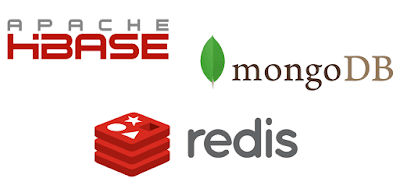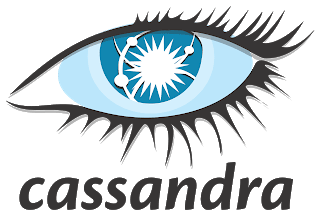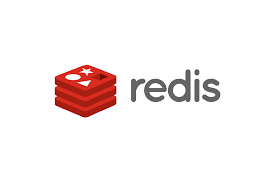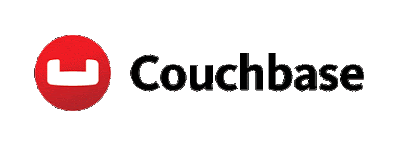Top 5 NoSQL Database Programmers Should Learn in 2019
Though it’s not mandatory for a Java or Web developers to learn NoSQL database the world is moving in that direction and both Java and Web developer should be familiar with NoSQL databases. If you are wondering what is NoSQL database means then here is a quick overview. A NoSQL database refers to non SQL, non-relational or not only SQL) that provides a mechanism for storage and retrieval of data which is modeled in means other than the tabular relations used in relational databases. With
Spring 5 introducing Web-Flux a new non-blocking web framework, the use of NoSQL database will only grow, but the big question is which NoSQL database to start with?
There are many popular NoSQL options available like Apache Cassandra, MongoDB, Redis, and Couchbase. Well, it totally depends upon your project, if it’s using Cassandra then you probably need to learn Cassandra and if it is using MongoDB then you probably need to learn MongoDB.
But if you are a technical or asolution architect, which makes the decision to choose which NoSQL database to use, you probably need to be familiar with all of them to know their pros and cons and choose to depend upon your situation and their strength.
When it comes to learning, I personally like to get familiar with as many technologies, framework, and libraries as possible just to widen my knowledge.
Even if I don’t use them regularly, learning them sometimes open new ideas on my mind and I learn a thing or two which I can use in my existing project.
If you aspire to become a software or technical architect, then it’s expected from you that you are familiar with the latest and greatest of technologies, framework, and libraries as well. Keeping that in mind, I’ll share some of the important 5 NoSQL databases in this article which you can learn or get familiar in 2019.
5 NoSQL Database Programmers Should Learn in 2019
As I said, there are many NoSQL database available in the market like Apache Cassandra, MongoDB, Redis, and Couchbase, but each has some special functionality and there are pros and cons of using them. Good knowledge of these is required to make an informed decision based upon your requirement.
1. MongoDB
MongoDB is an object-oriented, simple, dynamic, and scalable NoSQL database. It is based on the NoSQL document store model. The data objects are stored as separate documents inside a collection instead of storing the data into the columns and rows of a traditional relational database. MongoDB uses JSON-like documents with schemas.

2. Apache Cassandra
Apache Cassandra is a free and open-source distributed NoSQL database management system designed to handle large amounts of data across many commodity servers, providing high availability with no single point of failure.
The Apache Cassandra database is the right choice when you need scalability and high availability without compromising performance. Linear scalability and proven fault-tolerance on commodity hardware or cloud infrastructure make it the perfect platform for mission-critical data

3. Redis
Redis is an open-source in-memory database project implementing a distributed, in-memory key-value store with optional durability. It can also be used as a cache and message broker.
It supports data structures such as strings, hashes, lists,sets, sorted sets with range queries, bitmaps, hyper logs and geospatial indexes with radius queries.

4. Couchbase
Couchbase Server, originally known as Membase, is an open-source, distributed multi-model NoSQL document-oriented database software package that is optimized for interactive applications. Sorry but I couldn’t find a good online course to learn Couchbase, hence you have to learn it from the official tutorials and documentation which can be found on. Btw, they also have a couple offree online training which you can use as a course.

5. Apache HBase
HBase is an open-source, non-relational, distributed database modeled after Google’s Bigtable and is written in Java. It is developed as part of Apache Software Foundation’s Apache Hadoop project and runs on top of HDFS (Hadoop Distributed File System), providing Bigtable-like capabilities for Hadoop.
That’s all about some of thebest NoSQL databases you can learn and explore in 2019. Even if you are not using any NoSQL database in your current project, it’s time to learn them well in advance. They will help you to widen your knowledge and also keep you up-to-date with the latest technology development. Knowing the latest technology development also them while searching job and going for an interview.
Thanks for reading this article so far. If you like these NoSQL databases then please share with your friends and colleagues. If you have any questions or feedback then please drop a note.
Published on Java Code Geeks with permission by Javin Paul, partner at our JCG program. See the original article here: Top 5 NoSQL Database Programmers Should Learn in 2019 Opinions expressed by Java Code Geeks contributors are their own. |





